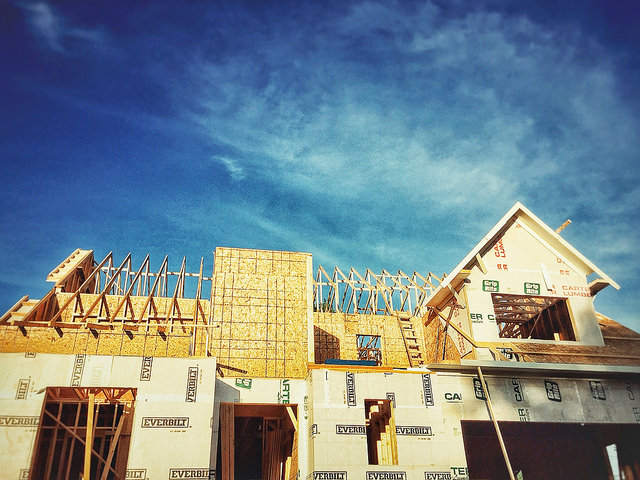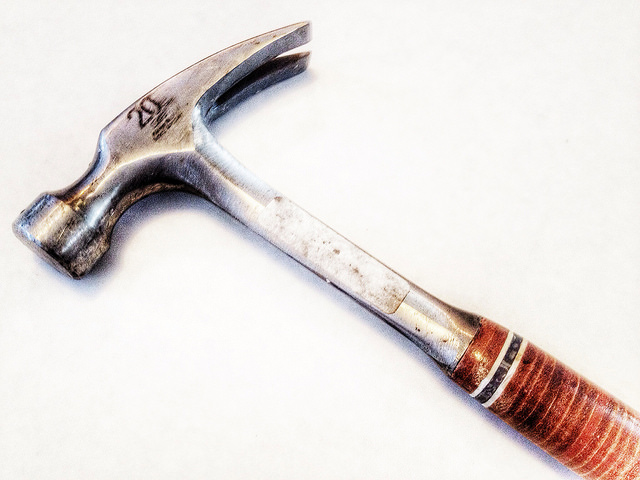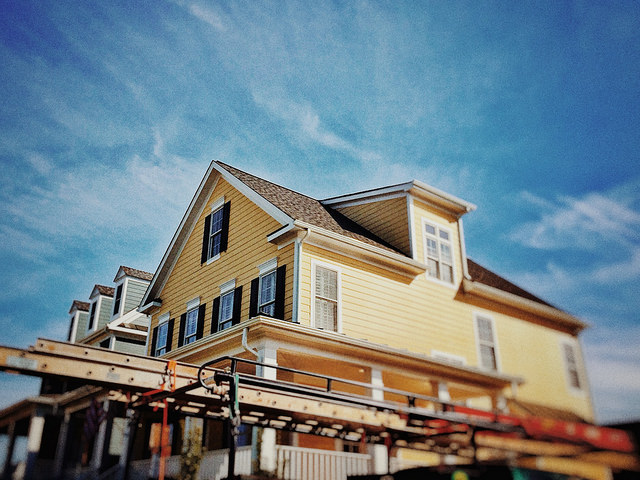There are many factors to consider when deciding whether or not it’s a good time for you to buy a house. Most of these are personal and have to do with the needs and desires of you and your family. Market conditions may influence your decision, but ultimately the best time for you to buy a house is when you’re ready. And while that’s largely true, knowing what’s going on in the market can still be important, as it gives you a feel for what to expect during your home search and after. For example, recent research shows that the average house is $12,500 more valuable today than it was just a year ago. And, though that will be disappointing news to buyers who have seen their purchasing power reduced over the last year, it should also be encouraging to prospective buyers – as rising prices may mean your future home’s value continues to increase once you’ve become the owner. In other words, if home prices continue to increase at the same pace during the next year, buying a house now may mean you’re – not only getting a better deal now than you would if you wait – but you’ll also be able to start building equity almost immediately. More here.













